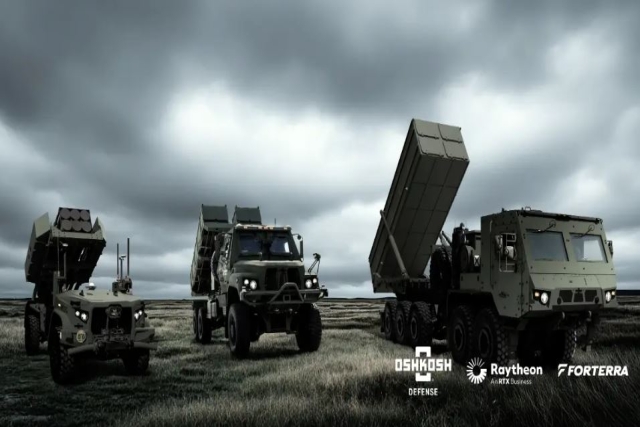Raytheon Flight Tests Persistent Close Air Support Program
Raytheon began flight testing DARPA's Persistent Close Air Support (PCAS) program, designed to speed close air support to soldiers on the battlefield.
PCAS Phase 3 is an 18-month, $25.5 million effort scheduled to culminate in live-fire demonstrations.
"PCAS will help reduce close air support response times from as long as one hour to just six minutes," saidTom Bussing, Raytheon vice president of Advanced Missile Systems. "By delivering critical information to decision makers more quickly, PCAS will save lives in the battlespace."
PCAS will enable ground troops, Joint Terminal Attack Controllers (JTACs) and combat aircrews to share real-time situational awareness and weapons systems data. With PCAS, soldiers on the battlefield can quickly and positively identify multiple targets simultaneously. JTACs and aircrews will jointly select the best precision-guided weapons for each target while minimizing collateral damage and friendly fire.
Current flight testing will highlight PCAS-air performance on an A-10 Thunderbolt aircraft and connectivity with the JTAC equipped with a PCAS-ground kit. The key element of PCAS-air is modular smart launcher electronics, which can be easily ported from one platform to another.
Once flight testing is complete, the PCAS system will be available for integration with other aircraft and participation in other demonstrations. Digital interoperability between platforms and JTACs will allow for increased situational awareness, improved coordination, and decreased timelines for close air support.









